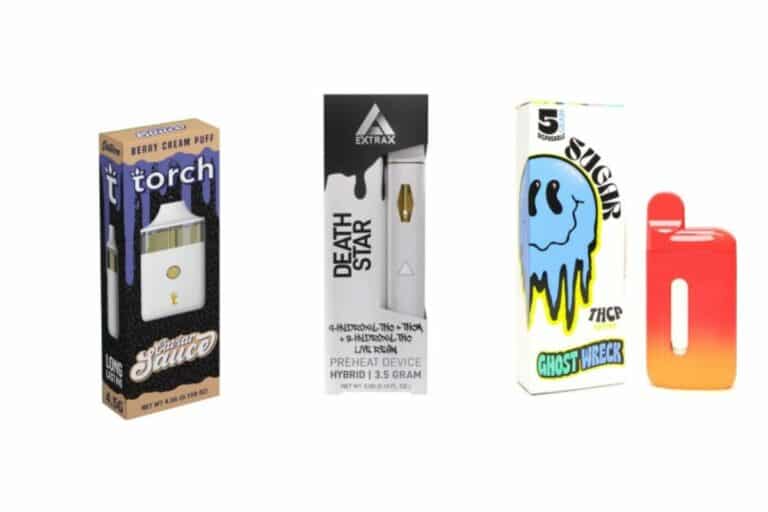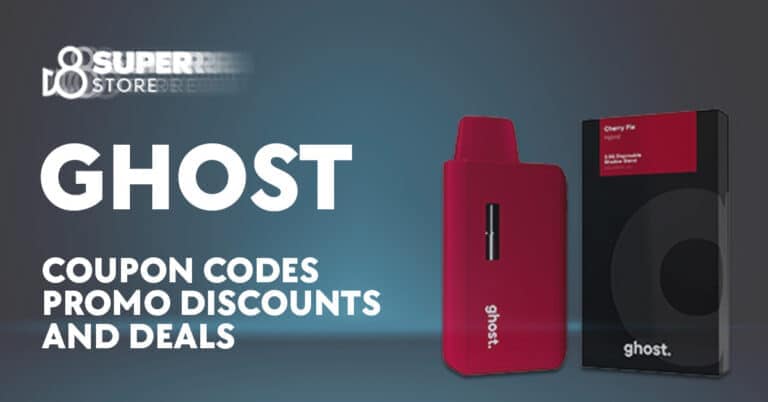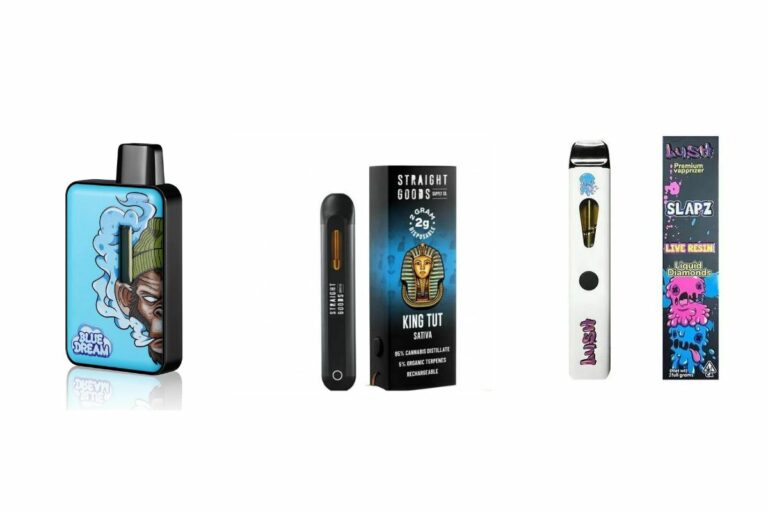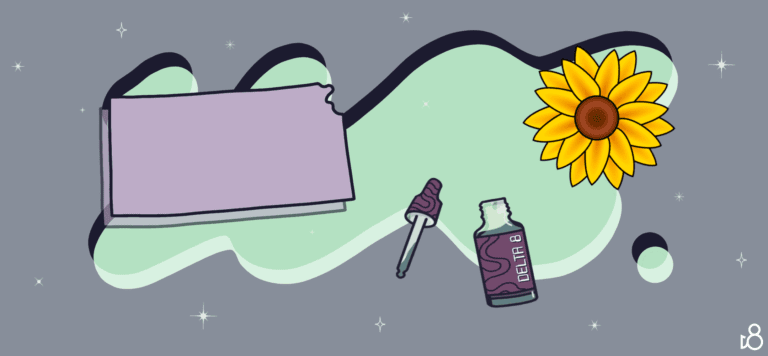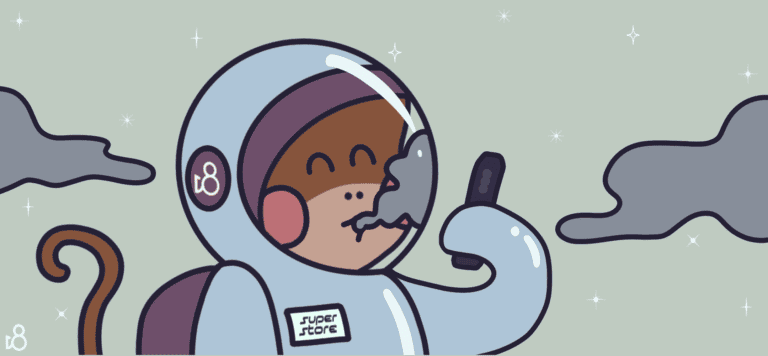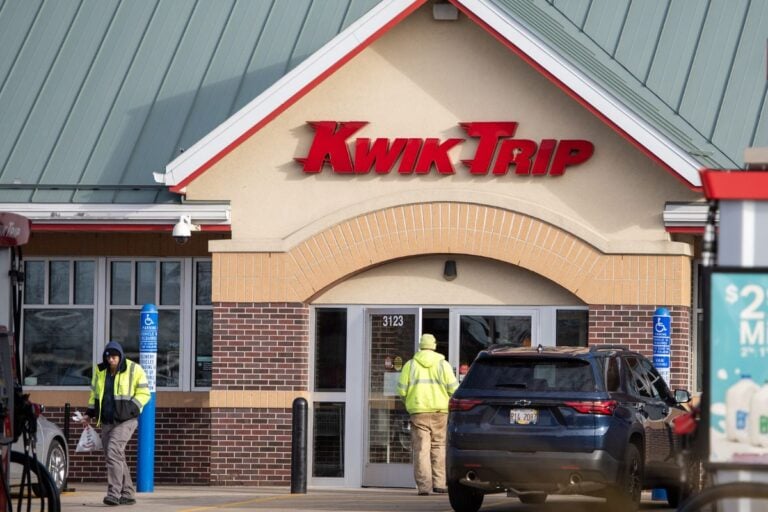How to Get Free Weed: Easy Ways That Actually Work
Navigating the world of medical marijuana can be overwhelming—especially when you’re seeking access without breaking the bank. Fortunately, there are programs and initiatives that offer free weed to medical marijuana patients, providing clear guidance on how to get free weed .
- Understanding Medical Marijuana Programs
- How to Qualify for Free Medical Marijuana
- State Programs Offering Free or Low-Cost Cannabis
- Unique Initiatives: Bleed for Weed and Beyond
- Veteran Support: Weed for Warriors Project
- Online Resources for Finding Free Weed
- Tips for Staying Safe and Legal
- Final Thoughts on Finding Free Weed
- Frequently Asked Questions (FAQ)
- 1. Can you really get weed for free?
- 2. Who qualifies for free medical marijuana?
- 3. Is it legal to receive free weed?
- 4. How can I find a compassion program near me?
- 5. What kind of cannabis products are usually donated?
- 6. Are there programs for veterans to get free weed?
- 7. Can I get free weed if I'm not a medical patient?
- 8. What should I avoid when looking for free weed?
Whether through compassionate care programs or alternative routes, this guide covers everything you need to know to find safe, legal, and effective cannabis at no cost.
Understanding Medical Marijuana Programs

Medical marijuana programs are state-run systems that allow qualified patients to obtain cannabis for medical purposes and therapeutic use. These programs aim to make cannabis more accessible, especially for individuals with chronic conditions or limited income.
Programs such as California’s Eaze Compassion Program are pioneers in providing free cannabis products to registered patients in need. They work directly with cannabis companies and non-profits to distribute high-quality marijuana to qualified individuals.
How to Qualify for Free Medical Marijuana
To access free medical cannabis, patients must meet specific eligibility requirements, and the answer to any doubts can be found through official source . This typically includes having a valid recommendation or prescription from a licensed physician. The condition must usually be recognized by the state’s medical marijuana program—such as chronic pain, epilepsy, PTSD, or cancer.
Organizations like Dear Cannabis partner with compassion programs to help connect patients to free cannabis. By reaching out to these groups, people can learn more about application procedures and required documentation.
State Programs Offering Free or Low-Cost Cannabis
| State | Program/Dispensary | Discount/Benefit | Eligibility |
|---|---|---|---|
| California | Eaze Compassion | Free medical cannabis products | Low-income patients; eligibility determined by partner organizations based on income, medical diagnosis, and need |
| California | Sweetleaf | Free medical cannabis donations | Low-income, terminally ill patients, veterans, and seniors |
| California | This is Jane Project | Free cannabis for trauma survivors | Women, BIPOC, trans, and non-binary trauma survivors in select California cities |
| Arkansas | Red River Remedy | 10%–20% discounts on purchases | Veterans, seniors, individuals with disabilities, terminally ill patients, and those with financial need |
| Massachusetts | Various Dispensaries | 10%–25% discounts; some offer sliding scale discounts based on income | Patients with documented financial hardship, veterans, seniors, and individuals with disabilities |
| Oregon | State Medical Marijuana Program | Reduced application fees: $20–$60 (standard fee is $200) | Veterans, individuals on SSI, Oregon Health Plan members, and those on SNAP |
| Illinois | Medical Cannabis Patient Program | Lower tax rates on medical cannabis compared to recreational cannabis | Registered medical cannabis patients |
| New Jersey | Jake Honig Compassionate Use Medical Cannabis Act | Expanded patient access and program reforms | Medical cannabis patients in New Jersey |
Not every state offers free weed programs, but several have options for low-cost or discounted cannabis. For example, Texas’ Compassionate Use Program (CUP) allows licensed physicians to prescribe low-THC cannabis plant to patients with qualifying conditions.
In states like California and Oregon, more extensive networks exist for cannabis donations and compassionate access. It’s essential to check your state’s Department of Health or marijuana regulation website for the latest updates and eligibility guidelines, which often pertain to public health .
Unique Initiatives: Bleed for Weed and Beyond
In addition to traditional compassion programs, some cannabis brands and dispensaries offer promotional events and initiatives to give away free weed. A notable example is the “Bleed for Weed” blood drive, which encourages cannabis users to donate blood and not just smoke in exchange for cannabis vouchers.
These creative events serve dual purposes—addressing blood shortages while challenging outdated stigmas about cannabis users. Participants often receive an eighth of flower, pre-roll, or an edible as a thank-you gift.
Veteran Support: Weed for Warriors Project
Veterans seeking free medical marijuana should look into the Weed for Warriors Project, a non-profit that supports holistic healing for military veterans and ensures medical marijuana patients have acces . This organization offers free cannabis donations to veterans who meet certain medical and service-related criteria, providing hope for many in need .
The group works with licensed dispensaries and cultivators to supply cannabis to vets dealing with PTSD, chronic pain, and other conditions. They also advocate for cannabis reform on behalf of veterans, showing that this is a kind of support that truly matter .
Online Resources for Finding Free Weed
Several online platforms list compassion programs and dispensaries that participate in free weed initiatives. One valuable source is the Compassion X Cannabis Resource List, which compiles current programs offering cannabis assistance, with updates that can change with each dat .
Additionally, websites like Weedmaps allow you to filter by dispensaries offering deals or donations. You can read user reviews, browse menus, and even verify licenses—all from your phone or computer, making the delivery of information much easi .
Tips for Staying Safe and Legal
| Tip | Details |
|---|---|
| 1. Know Your State Laws | Cannabis laws vary by state—some allow only medical use, others permit recreational use too. |
| 2. Buy from Licensed Dispensaries | Always purchase cannabis from state-approved dispensaries to ensure quality and legality. |
| 3. Carry Valid ID | Bring a government-issued ID to prove your age (usually 21+ for recreational use). |
| 4. Respect Purchase Limits | Most states have limits on how much cannabis you can buy or possess at once. |
| 5. Don’t Cross State Lines | It’s illegal to transport cannabis across state borders, even between legal states. |
| 6. Avoid Public Consumption | Most states prohibit using cannabis in public places—consume it privately and discreetly. |
| 7. Don’t Drive Under the Influence | Driving while high is illegal and dangerous—wait until you’re sober to drive. |
| 8. Store Cannabis Securely | Keep cannabis products in a child-proof container and store them out of reach of minors. |
| 9. Use Cash or Legal Payment Methods | Some dispensaries are cash-only due to banking restrictions—check before you go. |
| 10. Keep Proof of Purchase | Keep your receipt in case you’re asked to prove the source of your cannabis. |
While accessing free cannabis may sound simple, it’s crucial to follow all state laws and regulations. Only obtain cannabis from licensed dispensaries or verified donation programs. Avoid purchasing from unregulated sources, which can pose public health risks due to untested products.
Check that any cannabis you receive is lab-tested for potency and contaminants, especially when it’s free. Even compassion program products should meet state safety standards.
Final Thoughts on Finding Free Weed
Free cannabis can make a big difference for those relying on medical marijuana for relief. With programs, non-profits, and community events growing nationwide, there are more options than ever for any man in this year to get medical marijuana for free.
Always consult a qualified medical professional before beginning cannabis use. Stay informed, stay safe, and take advantage of resources that help you heal—without the high price tag.
Frequently Asked Questions (FAQ)
1. Can you really get weed for free?
Yes, many compassion programs and cannabis organizations offer free weed to qualified medical marijuana patients. These programs are designed to help those who need cannabis for health reasons but can’t afford it.
2. Who qualifies for free medical marijuana?
Eligibility depends on your state’s medical marijuana laws. Most programs require a valid prescription or recommendation from a licensed physician and proof of a qualifying medical condition.
3. Is it legal to receive free weed?
Yes, as long as the cannabis is distributed through licensed dispensaries or compassion programs and follows state laws, it is completely legal for medical marijuana patients to receive free weed.
4. How can I find a compassion program near me?
You can use online resources like Weedmaps, Compassion X, or check with local dispensaries. You can also contact organizations like Dear Cannabis or Weed for Warriors to see if they operate in your area.
5. What kind of cannabis products are usually donated?
Free cannabis products vary by program and availability. Common donations include flower, pre-rolls, edibles, vape cartridges, and topicals, all lab-tested for safety and potency.
6. Are there programs for veterans to get free weed?
Yes. The Weed for Warriors Project is a veteran-focused initiative that helps military veterans access free medical cannabis and supports overall wellness through alternative medicine.
7. Can I get free weed if I’m not a medical patient?
Typically, no. Most programs that offer free cannabis are intended for registered medical marijuana patients. Recreational users usually don’t qualify, though some promotional giveaways might be open to adults in legal states.
8. What should I avoid when looking for free weed?
Avoid unlicensed sellers or black-market giveaways. Always make sure you’re working with verified dispensaries or nonprofit programs to ensure product safety and legality.



